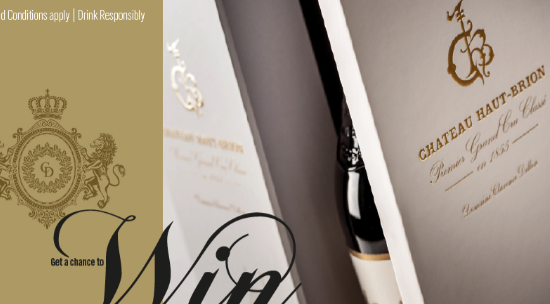
Inuit throat singing admittedly isn’t the easiest sell to the wider music-buying populace, but when it’s presented in the startlingly visceral form favoured by Tanya Tagaq, that’s the loss of those who choose not to listen.
Not that the Nunavut-born 41-year-old has struggled to find sympathetic ears to date. She won the prestigious Canadian Polaris Music Prize in 2014, gaining the respect of multimillion-selling contemporaries including Björk and Faith No More frontman Mike Patton. The latter released one of Tagaq’s previous albums, Auk/Blood, on his Ipecac label in 2008, an early spike in a career arc which has seen her tradition-informed aural output steadily gain increasing political bite.
Tagaq’s latest firebrand missive, Retribution, is angrier still, billed as the sound of “a violent world in crisis”. As that title hints, it’s a confrontational statement, also referencing her belief that wrongs need to be righted in regards to indigenous rights in her home country of Canada.
“Feminism, climate change, the rights of the Earth and the people on it,” are the chief themes, she says. “Retribution is discussing the Earth striking back at us, more than anything else. It was meant as a broad spectrum of what we’re doing to the planet. That is wrapped up in indigenous rights, because we are the stewards of the land, and time and time again, industry has been allowed to destroy our habitat.
“Retribution is the forewarning of how the Earth will retaliate against us. As humans, if we don’t do something, we’ll get wiped out by the Earth; it’s not a threat, it’s a reality.”
She also sees many indigenous issues as global problems, not just confined to her own people.
“When you go throughout the world, you often see populations that have been colonised,” she says. “You’ll see people who have been oppressed systematically. These kind of issues apply across the board to colonised people. They’re Inuit problems, but they’re indigenous problems globally.
“In Canada, it’s really disturbing because some of the provinces compare with the fourth-highest quality of living in the world, whereas Nunavut is 46th, so we have the statistics of one of the top countries on the planet, in juxtaposition with those of a Third World country – all in one country. It’s a question of raising awareness.”
For anybody uninitiated with throat singing, there are aural parallels with beatboxing, certainly in so much as the extremes of the vocal gymnastics veer between otherworldly and flat-out inhuman.
The album’s title track, which starts with a whimper, builds into a rhythmic juggernaut, with Tagaq’s alternately angelic and demonic intonations leading into something of a free-jazz coda. Aorta, meanwhile, develops from strangled whimpers into a dubstep-esque tempo where Tagaq’s deepest, throatiest vocals intertwine as percussion with the artificial beats – seemingly reversed in mid-song to make the effect even more disorientating and strangely beguiling.
Helping to achieve these effects are a varied cast of guest artists, including Tuvan throat singer Radik Tyülyüsh, rapper Shad and traditional Inuk singer Ruben Komangapik – plus Tagaq’s own daughter on the unsettling yet deeply spiritual first track, Ajaaja.
“The number one reason Inuuja is on there is because she represents future generations, and the hope and innocence of the new,” Tagaq explains. “You have to reflect light into the corner to excavate darkness, so to address the darkness of what’s happening with climate change, it’s important that we honour the new coming generations.”
It all ends in memorable fashion with a cover of the provocative and controversial Nirvana song Rape Me. Here she rewires Kurt Cobain’s pained grunge wolf-in-balladeering-clothing in haunting, abstract fashion, nodding to widespread sexual abuse in her home state and also the aforementioned pillaging of the Earth. Forget spiky-haired three-chord merchants; this is punk in its purest spirit.
Adam Workman is a production journalist at The National.








